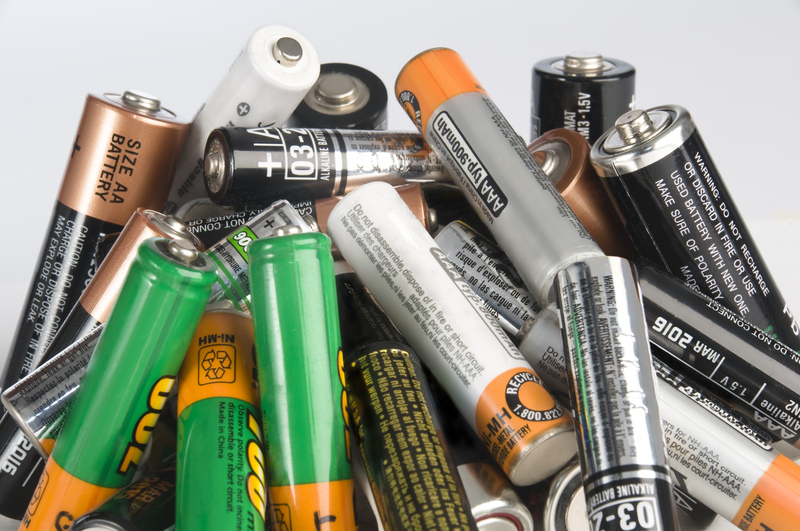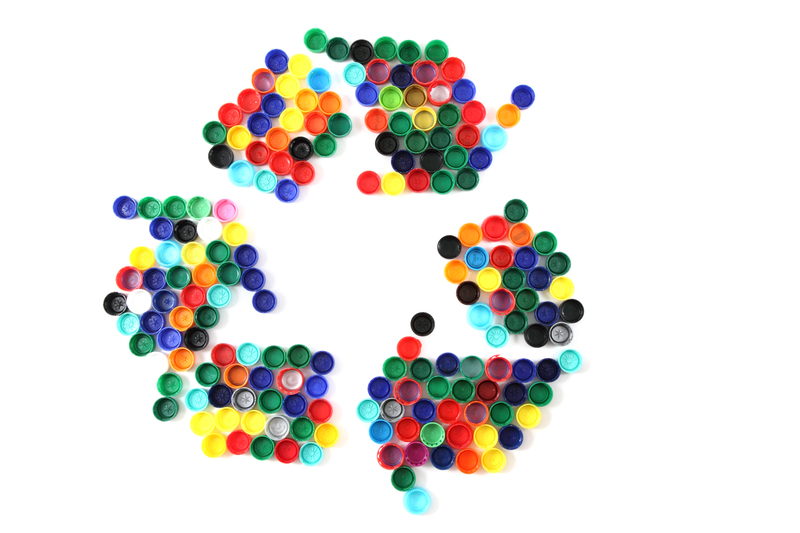Environmental Risks of Poor Waste Handling
Posted on 11/10/2024
Poor waste handling is a growing environmental concern that impacts ecosystems, human health, and global sustainability efforts. Effective waste management practices are crucial to minimize the risks associated with improper disposal, including pollution, habitat destruction, and climate change. This article explores the various environmental risks linked to inadequate waste handling and stresses the importance of adopting sustainable waste management practices.
Pollution and its Ramifications
One of the most immediate and visible impacts of poor waste handling is the proliferation of pollution. Different types of pollution--land, water, and air--emanate from improperly managed waste, posing a myriad of environmental risks.
Land Pollution
Poorly managed waste, particularly in the form of non-biodegradable materials like plastics, results in significant land pollution. These materials often end up in landfills, which are reaching their capacity across many regions. Landfills release harmful methane gases and other pollutants into the soil, which can contaminate local water supplies and harm plant and animal life.
Water Pollution
Improper disposal of hazardous waste, such as chemicals and pharmaceuticals, can lead to water pollution. These substances can leach into groundwater or run off into rivers, lakes, and oceans, disrupting aquatic ecosystems and poisoning marine life. The phenomenon of algal blooms, fueled by nutrient run-off, creates 'dead zones' where aquatic life cannot survive.
Air Pollution
Burning waste, especially plastics and other synthetic materials, releases toxic fumes into the atmosphere. Chemicals like dioxins and furans, produced from burning plastic, are hazardous to both human health and the environment. Additionally, the incineration of organic waste contributes to the release of greenhouse gases, exacerbating global climate change.

Impact on Biodiversity and Ecosystems
Unmanaged and improperly disposed waste has a devastating impact on biodiversity and the health of ecosystems. Different types of waste pose various threats to wildlife and natural habitats.
Threats to Wildlife
Discarded plastics and other waste materials often end up in natural habitats, posing direct threats to animals. Marine life, such as turtles, seabirds, and fish, frequently mistake plastic waste for food, leading to ingestion and entanglement that can result in injury or death. On land, animals can become trapped or poisoned by waste, disrupting food chains and impacting biodiversity.
Ecosystem Degradation
When waste accumulates in natural environments, it can alter the physical and chemical properties of ecosystems. For example, waste like electronics and batteries can leak heavy metals and other toxic substances into the soil and water, affecting plant growth and soil health. These changes can initiate a cascade of effects, disrupting entire ecosystems and reducing their resilience to environmental stressors.
Human Health Risks
Poor waste handling does not only affect the environment; it also has significant repercussions for human health. The consequences of exposure to hazardous waste materials are both immediate and long-term.
Diseases and Infections
Piles of unmanaged waste provide breeding grounds for pests, including rats, mosquitoes, and flies, which can transmit diseases to humans. For instance, rodents can spread illnesses like leptospirosis and hantavirus, while mosquitos are vectors for diseases such as malaria and dengue fever. Uncontrolled waste also exacerbates sanitation issues, leading to outbreaks of food and waterborne illnesses in affected areas.
Chronic Health Conditions
Long-term exposure to pollutants from waste, such as heavy metals and volatile organic compounds (VOCs), can result in chronic health conditions. Respiratory issues, cardiovascular diseases, and even cancer have been linked to prolonged exposure to waste-related pollutants. Communities located near landfills and incineration plants are particularly vulnerable, facing higher risks of health problems due to continuous contact with toxic substances.
Climate Change
Improper waste management contributes significantly to climate change by releasing greenhouse gases. Organic waste, when not properly composted, decomposes anaerobically (without oxygen), producing methane, a potent greenhouse gas that accelerates global warming. Additionally, the incineration of waste, while reducing the volume of waste, emits carbon dioxide and other greenhouse gases into the atmosphere.
The production and disposal of plastic also play a substantial role in climate change. Plastics are derived from fossil fuels, and their production is energy-intensive. When plastics end up in landfills or the environment, they release greenhouse gases as they break down, further contributing to global climate challenges.

The Importance of Sustainable Waste Management
Understanding the environmental risks associated with poor waste handling underlines the necessity for sustainable waste management practices. Implementing effective strategies can mitigate these risks and support environmental and human health.
Reduce, Reuse, Recycle
The mantra "Reduce, Reuse, Recycle" is paramount in waste management. Reducing waste generation at the source, reusing materials whenever possible, and recycling can substantially lower the volume of waste that ends up in landfills and incinerators. Globally, efforts to promote recycling and waste reduction need to be intensified to tackle the waste crisis effectively.
Composting Organic Waste
Composting is an environmentally friendly method of managing organic waste. By composting food scraps, yard waste, and other biodegradable materials, we can produce nutrient-rich compost that enhances soil health and reduces the methane emissions associated with landfill decomposition.
Proper Hazardous Waste Disposal
Hazardous waste requires careful handling and disposal to prevent environmental contamination. Proper protocols, including specialized collection and disposal facilities, should be in place to manage hazardous materials like chemicals, electronics, and medical waste safely.
Conclusion
The environmental risks of poor waste handling are extensive, affecting land, water, and air quality, biodiversity, human health, and contributing to climate change. Recognizing the multifaceted impacts of waste mismanagement is crucial in driving efforts toward more sustainable practices. By adhering to principles of reducing, reusing, and recycling, and ensuring proper handling of organic and hazardous waste, we can mitigate these environmental risks and work towards a healthier, more sustainable future.
Latest Posts
Planet-Friendly Disposal Strategies
House Waste Removal Made Easy: Top 5 Tools
Hard Rubbish: Identification & Disposal Tips





